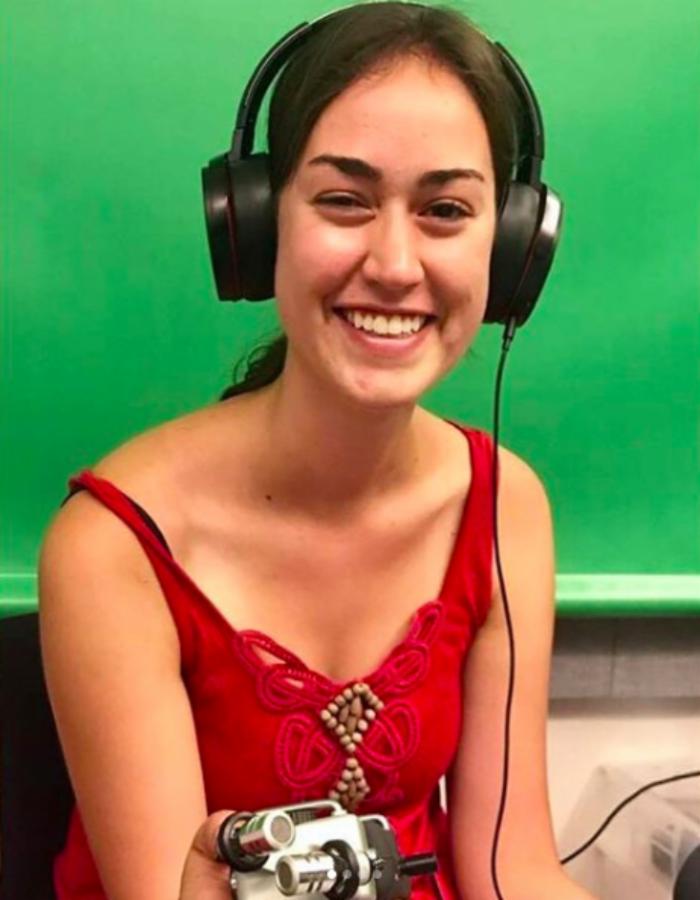In this episode
0:55 I study the formation and evolution of our solar system: how it comes to be in a disk of swollen gas and dust, how it forms and evolves once the planets have formed, and the "little worlds" of the solar system left over from that formation have moved onto the orbits where we see them today. And I try and map out what exists in the outermost reaches of the solar system.
1:26 You might think of these “little worlds” as the little cousins of Pluto, Pluto's whānau.
03:28 It had been predicted for decades that interstellar objects would one day be seen. And in 2017, we had the first one that was seen, called Interstellar 1, 1I/‘Oumuamua. ‘Oumuamua was named because it was found by a Hawaiian telescope, and it means "the first messenger arriving from afar."
05:10 Our solar system’s big!
05:55 For 2I/Borisov, it does have that big flashy cloud of subliming material coming off it. That's the ices of it subliming. This is, probably as far as we can tell, the first time that this little icy world has been heated ever since it's formed in its first disk somewhere at another star in the galaxy.
06:35 You know, (interstellar objects are) this direct sample of the disk that formed planets at another star. We can't do that with any other sort of astronomy, it's like a piece of another star that's come right here so we can measure it.
11:32 I'd be looking at this little dot of light, this little unresolved point of light, and linking up its orbit across these other images that we'd acquired.
11:53 And every time I would go: "Wow, no one's seen this world before. I am literally the first person to know that this exists. And now I can tell other people about it. This is so much fun!"
14:58 I'm a person who likes to hit things with a hammer on occasion, I started as a geologist.
15:25 I'm focused on trying to tell the history of our home, of our place in the universe.
16:02 Asteroids affect life on Earth in very many different ways. The biggest impact that we had led to the formation of our moon, which is an incredibly important aspect of so many different facets of our lives.
17:49 Our place is precious and this is something planetary science can make us very aware of and how much work we have to do to keep our little home in this very, very big and entirely empty cosmos.
18:48 I think being able to write poetry and write creatively is absolutely key to what makes me any good as a scientist.
22:17 Because it’s a big universe, we’re never going to learn everything about it, but we can find out a little bit more about each corner of it as we go.



